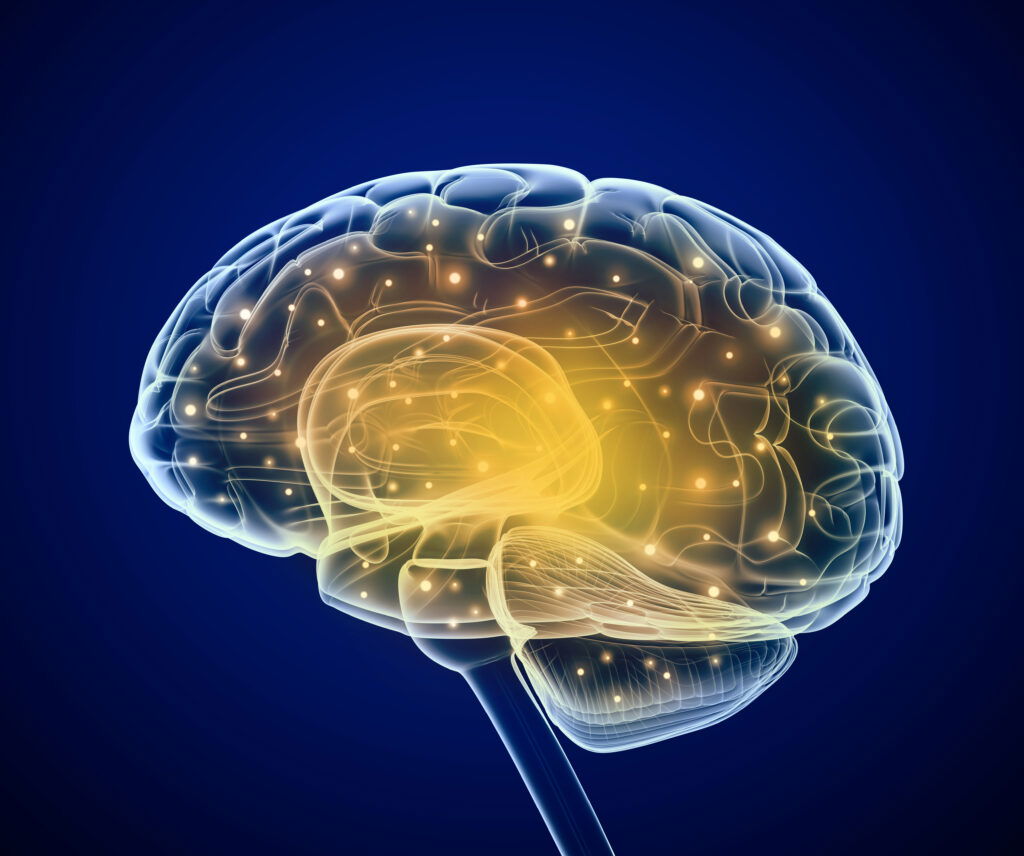There has been some very exciting music therapy research undertaken in the USA recently which proves that for children with autism it has some very positive outcomes. It is a scientific paper, but for those who would like to read it for themselves, here is the link. Otherwise, for a simplified version read on.
Understanding how the brain works

It is understood that Autism Spectrum Disorder (ASD) results from differences in the way the brain is organised. Our brains are hard-wired by neural connections. These connections constantly transmit information to the brain. Neurologistshave found that the connectivity of neurons in people with ASD is different. In some areas there are too many connections and in others, not enough. It is thought that this could be partially responsible for the difficulties people with autism have with verbal and social communication and sensory sensitivity. It could also explain why, despite the prevalence of ASD, those on the spectrum may have symptoms in common, but also have considerable differences between them. This means knowing how to treat someone with ASD can be difficult.
What was the music therapy research?
The researchers already knew a couple of things. Firstly music was a strength among many of diagnosed with ASD. Secondly, music had a positive impact on social skills on children who did not have ASD. Neuroimaging showed those who participate in music engage many areas of the brain, which result in positive changes to the brain structure (known as neuroplasticity). Finally, there was other anecdotal evidence pointing to music therapy having a positive effect on children with ASD, but there was no research available to prove it. The goal for this research was to discover if music therapy really could improve social communication, family quality of life and brain connectivity. If this was the case, they had a therapeutic tool that might help.

The researchers selected 51 children who had a diagnosis of autism. They were divided into two groups. 26 were selected for music therapy intervention, while the other 25 had non-music intervention with the intervention covering 45 minutes a week over 8-12 weeks.
All children were screened both before and after the interventions. This covered:
- Social communication
- Verbal communication
- Family quality of life
- Brain activity
Results
Children who had received music therapy intervention, showed a positive changes in their brain scans and their social and verbal communication skill improved, along with quality of family life.
There was no such change in the brains of children who had non-music intervention.
This is exciting news for families with children with autism.
What is music therapy?

Music therapy is not the same as music instruction. It is undertaken by trained therapists and tailored for each child’s needs. It includes:
- Singing
- Song writing
- Musical improvisation
- Listening to melodies
- Playing an instrument
- Drumming
NDIS recognises the benefits of music therapy and has approved it as a ‘therapeutic support’. You can read more about music therapy here.
It you would like to find out more about NDIS and what supports you may be entitled to, visit Care to Change on “Our Services” page. If you would like to speak to someone you can call us on 1300 515 888 or use our Contact Page. We will respond quickly to your call and assist you with your inquiries.
References:
Sharda,M., Tuerk, C., Chowdhury, R., Jamey,K. FosterN., Custo-Blanch, M., Tan,M., Nadig,A., andHyde, K., (2018). Translational Psychiatary. DOI: 10.1038/s41398-018-0287-3.
Stavropoulos, K.K.M. (2019). Psychology Today “How music therapy affects the brain in autism” https://www.psychologytoday.com/au/blog/neuroscience-in-translation/201903/how-music-therapy-affects-the-brain-in-autism

